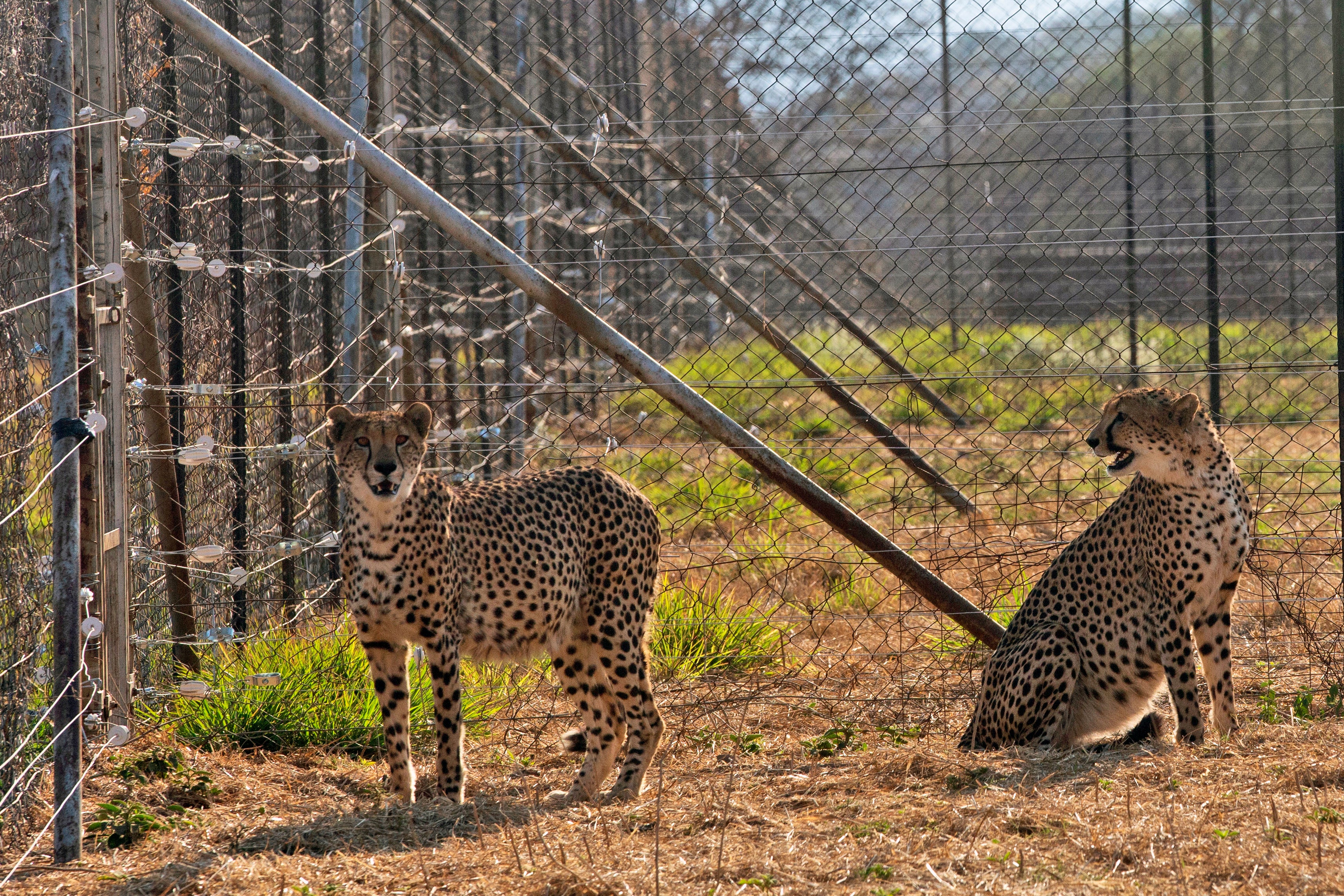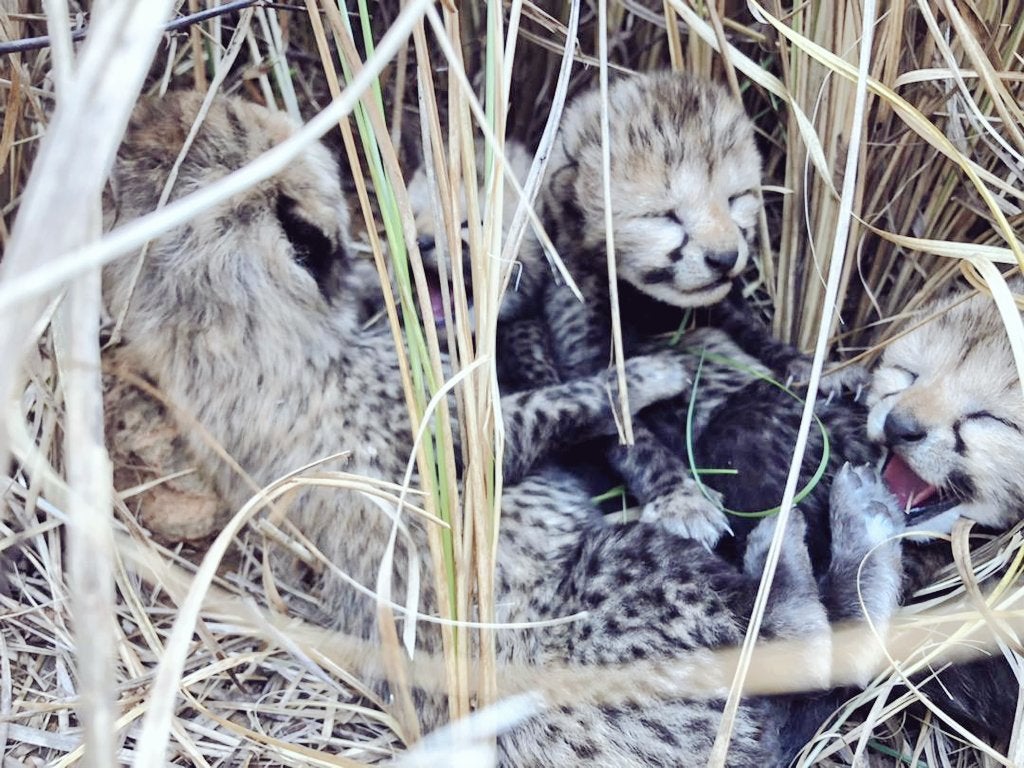India is planning to bring in eight more cheetahs from Africa — this time from the southern African country of Botswana — as part of its controversial plan to reintroduce the species in Asia.
The cheetah relocation project began in September 2022, when India brought in eight of the big cats from South Africa and Namibia, marking the world’s first intercontinental translocation of the species.
Subsequently, over a dozen more cheetahs were brought in from Africa, raising India’s tally of the big cats to 20.
With eight of them dying due to causes such as kidney failure and mating-related injuries, and new cubs being born, the current number of cheetahs in India stands at 26.
All the cheetahs currently live at the Kuno National Park in the central Indian state of Madhya Pradesh.
Now, the country is planning to import eight more cheetahs from Botswana in two phases, with plans to bring in the first four of the felines in May, the state government said in a statement on Friday, citing officials of the National Tiger Conservation Authority (NTCA).
More cheetahs are also expected to be brought in from Kenya, according to the statement.

Currently, the Kuno National Park is the only home to India’s cheetahs, but plans are also being made to relocate some of the big cats to the Gandhi Sagar Wildlife Sanctuary (GSWS) in the region bordering Madhya Pradesh and the adjacent state of Rajasthan, the statement said.
India’s cheetah reintroduction project has come under widespread criticism from environmental scientists for lacking conservation and scientific merit.
A study, published earlier this year in the journal “Frontiers in Conservation Science”, raised concerns regarding the cheetahs’ welfare due to “high mortality rates demonstrated thus far”.

Researchers have criticised the project, saying its sole focus may not be on the conservation of cheetahs – a species classified as “vulnerable” by the International Union for Conservation of Nature (IUCN). Experts have raised concerns that the project, costing an estimated $50m-60m, could involve other agendas, including “an alleged request from Namibia that India withdraw its ban on ivory trade” in exchange for relocating its cheetahs.
The Indian government has, however, dismissed these claims.
Ethical concerns have also been raised, including the unjust social impacts of the project on local stakeholders, as well as the lack of consultation and transparency.
The latest statement from the Madhya Pradesh government also notes that the state has filed a petition in India’s top court seeking permission to launch a cheetah safari in Kuno.







